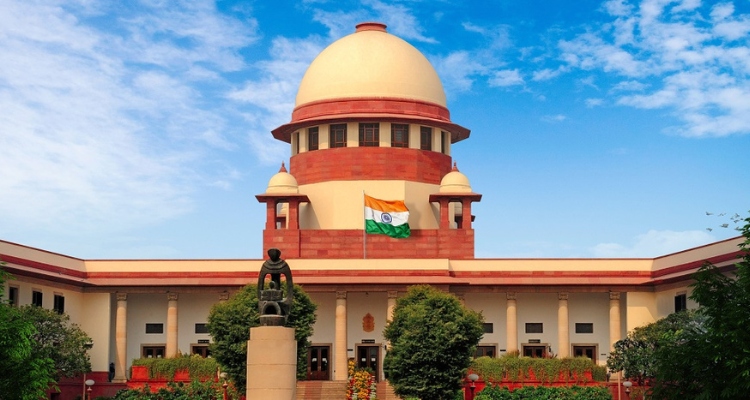
The Supreme Court on Monday upheld a Punjab and Haryana High Court decision that annulled the Haryana government’s policy of awarding extra marks to its residents in recruitment exams.
Describing the policy as a “populist measure,” a vacation bench comprising Justice Abhay S Oka and Justice Rajesh Bindal declined to intervene with the high court’s ruling. The high court had deemed unconstitutional the socioeconomic criteria set by the Haryana government for granting additional marks to specific categories of candidates in state government jobs. “After perusing the impugned judgment, we find no errors in it. The special leave petitions are hereby dismissed,” the vacation bench stated.
At the onset of the hearing, the apex court expressed reluctance to entertain the case and questioned, “A meritorious candidate scores 60 marks based on performance, while another candidate also scores 60 marks but rises due to five grace marks.
These are all populist measures. How can such actions be justified where someone receives additional marks?”
Attorney General R Venkataramani defended the policy, stating that the Haryana government introduced the grace marks to provide opportunities to those who lacked the security of public employment.
Venkataramani also referred to the high court’s directive to re-conduct written tests, noting that the application of socioeconomic criteria occurred post the written test phase and not during the Common Eligibility Test (CET). However, the Supreme Court dismissed the appeal.
The apex court was hearing an appeal filed by the Haryana Staff Selection Commission against the Punjab and Haryana High Court’s May 31 order. On May 31, the high court invalidated the state government’s policy of awarding an extra five per cent marks based on the socioeconomic status of state resident candidates to the total marks percentage in the CET for groups C and D posts.
It ruled that no state can limit employment only to its residents by granting a five per cent marks advantage and remarked, “The respondents (state government) have created an artificial classification to the similarly situated candidates applying for the post.”




